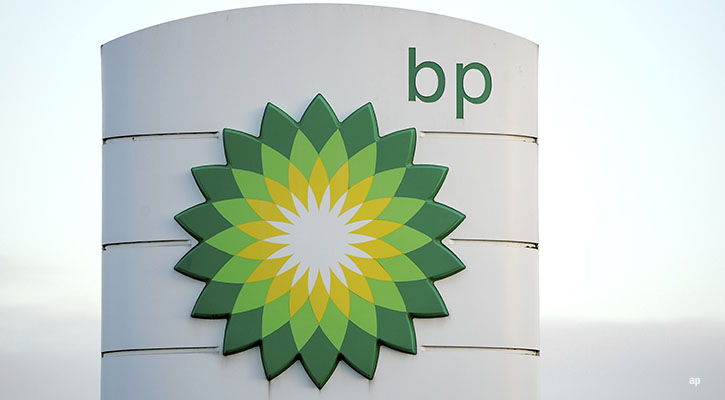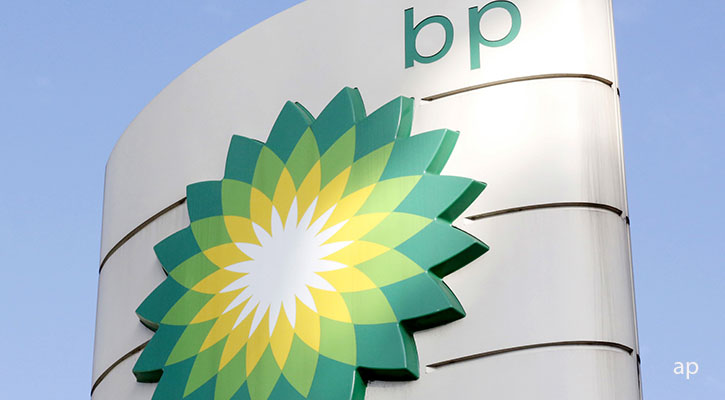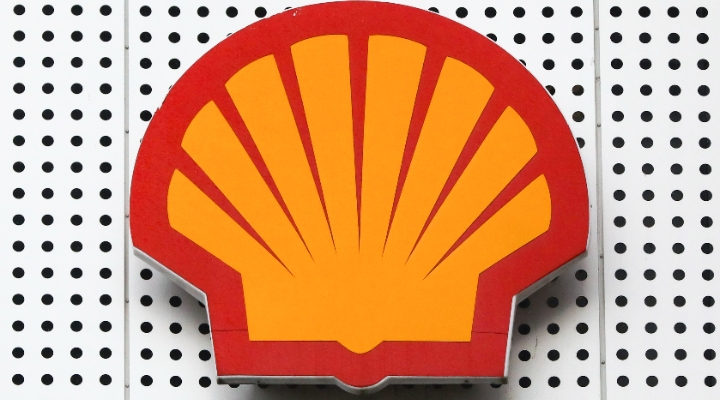
Just days after its eventful annual general meeting, BP (BP.) has released first quarter results showing a rise in profits year on year.
The FTSE 100 oil company made profits of $8.2 billion in Q1, down from the $10 billion made in the last three months of 2022. But this compares favourably with a $20 billion loss in the first quarter of 2022.
The backdrop to this is the price of crude oil, which has fallen in recent months and is expected to make the current financial year much less exceptional for oil companies. The cost of a barrel of Brent crude spiked above $120 in the immediate aftermath of the Russian invasion of Ukraine but is now around $80. Natural gas prices have also fallen as Europe weans itself off Russian gas and milder weather curbs demand.
The main profit drivers for BP in the most recent quarter were gas marketing and trading, fewer refinery shutdowns, and oil trading activities. The company announced a further $1.75 billion share buyback in the current quarterly period and a fall in net debt to $21 billion, from $27 billion this time last year. It has now announced a quarterly dividend of 6.61 cents, the same as in the previous quarter.
Measure For Measure
Oil companies prefer to report a number known as "underlying replacement cost profit" to the media and for BP that came in at $4.9 billion, up from $4.8 billion in the fourth quarter and $6.2 billion in the same period last year.
The $4.9 billion was higher than analysts forecast. Tax experts argue this is not a standard accounting definition of profit (for more on this, see Tax Policy Associates founder Dan Neidle's Twitter explanation of the disconnect between different reporting figures).
Like rival Shell, BP reported a sharp rise in profits for 2022 just three months ago. The results were controversial in a time of high inflation, and led to demands for tougher taxes on oil and and gas companies.
As chancellor, Rishi Sunak had introduced a windfall tax of 25% on oil and gas companies with the aim of raising £5 billion a year. The tax is not time limited but runs until oil prices fall to more "normal" levels. BP paid $700 million in 2022 and $300 million in the first quarter of this year in windfall taxes.
BP shares fell 5% after the results but they are up 22% since this time last year. At around £5 per share, they are currently below the fair value estimate of £5.50 assigned by Morningstar analysts.
Resolutions, Resolutions
Last week’s AGM saw environmental protests inside and outside BP's London venue. In particular, two ESG resolutions failed to get through, but both sides can claim some sort of victory in the skirmish. The controversy is unlike to go away.
The key resolutions were:
Resolution 4, to re-elect chair Helge Lund. This was opposed by some significant pension investors – Nest, the UK’s largest pension scheme, plus the Universities Superannuation Scheme (USS), Brunel Pension Partnership, Boarder to Coast Pensions Partnership, and the Local Government Pension Scheme Central.
Just over 90% of votes were cast in favour of Lund's re-election (compared with 98.72% supporting the chief executive’s re-election) but nearly 10% against still sends a message to the board, says Lindsey Stewart, Morningstar's director of investment stewardship research.
Resolution 25 was put forward by Dutch climate activist group Follow This. It aimed to align the company’s Scope 3 emissions reductions targets for 2030 with the Paris Climate Agreement (to limit global warming to well below two degrees above pre-industrial levels)?
Norway’s sovereign wealth fund, which owns nearly 3% of BP shares, voted against Resolution 25, as did institutional shareholders ISS and Glass Lewis. The UK’s Local Authority Pension Fund Forum (LAPFF) voted in favour. Overall, 16.8% voted in favour.



























